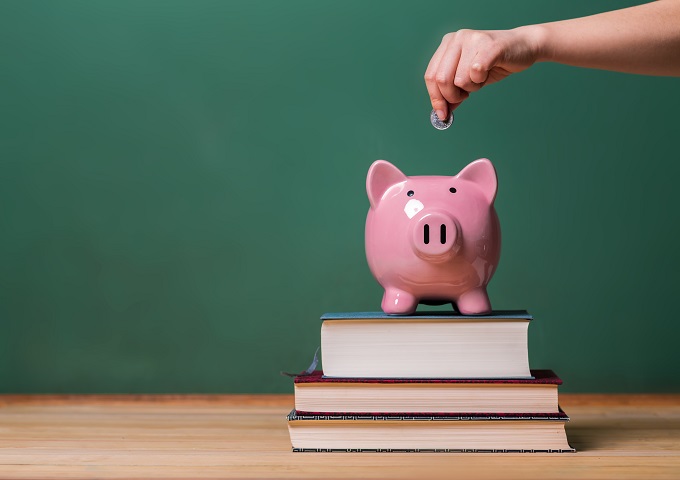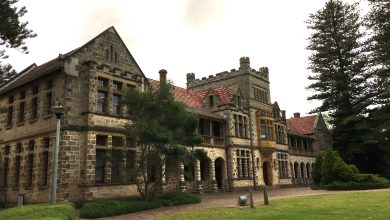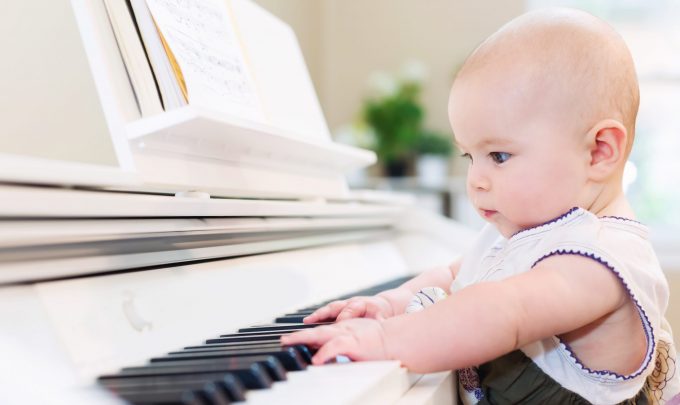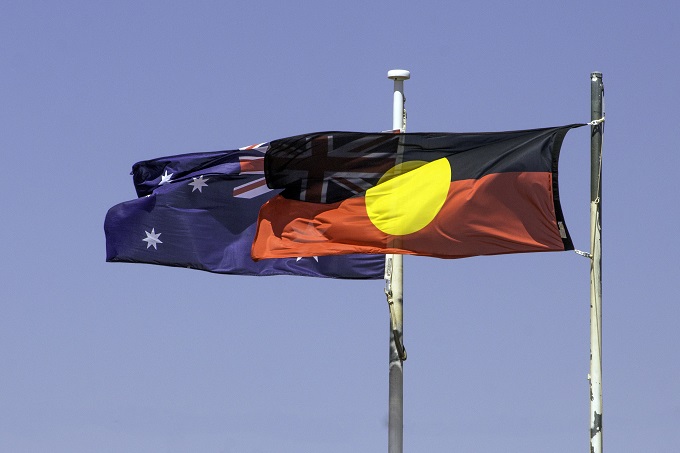
According to the most recent Household, Income and Labour Dynamics survey, there has been a large drop in the financial literacy of 15 to 24-year-olds. Chartered Accountants ANZ CEO Ainslie van Onselen said “in an environment of challenging economic times, that’s an alarming decline and one we should be concerned about.”
Read the latest issue of School News HERE
Simon Hann is the Chartered Accountants Australia and New Zealand Group Executive of Education and Marketing. He said “From getting a job, securing housing, taking out a loan, considering a credit card, starting a business, or choosing a super fund – being financially literate and capable arms a young person with the information they need to be confident about their life decisions.
“Learning about finances can set teens up for a lifetime of good financial decisions – it is not something to be afraid of. The earlier you start the conversations and make it normal, the better.”
While in the past, it has been left up to parents to pass on their knowledge and skills (or not), for more than a decade, states have been teaching financial literacy with modules built into their curricula. However, it isn’t enough. “As a profession and as a society, we know that we need to do more to encourage financial literacy among young people,” Ms van Onselen said.
Lacey Filipich is the founder and director of Money School, the author of the international award-winning book Money School, a chemical engineer and TEDx speaker. She agrees that more should be done to ensure the next generation achieves a solid financial education. “Financial literacy has been explicitly included in the school curriculum since 2011, yet our youth financial literacy has declined. For that reason, I think it’s worth trying something different.”
She suggests giving students an enterprise experience that also improves financial literacy. “The ideal age to start is 10 to 12 years old, and the most successful way I’ve found to teach kids about money is sneakily – through getting them to start and run their own micro-business. By getting to earn meaningful money, monitoring revenue and expenses, then calculating profits, students learn the value of the time that goes into earning money and why it’s important to keep some (that is, save).”

Mr Hann agrees. ‘Enterprise competitions empower students to combine their financial capacity and creative skills to innovative and inventive enterprises. Skills developed by students include literacy and numeracy, critical and creative thinking, and economic and business reasoning.”
Teaching teenagers what to avoid is just as powerful as teaching them what to pursue. Ms Filipich said the one mistake young people make is getting sucked into spending more than they earn. “It’s become an easier trap to fall into with the rise of social media marketing and frictionless payments like BNPL [Buy Now Pay Later]. Avoiding overspending requires a mix of automated systems to help you save and discipline to resist the temptation to spend wastefully.”
So what can schools do to help ensure teens leave school equipped for the real world? Allowing students to engage in financial literacy programs like the NSW Treasurer’s Financial Literacy Challenge or Money School or Scott Pape’s Money Movement is one way forward. As Mr Pape also believes, helping teachers become ‘financially fit’ themselves is a surefire way of ensuring students are taught the right skills.







